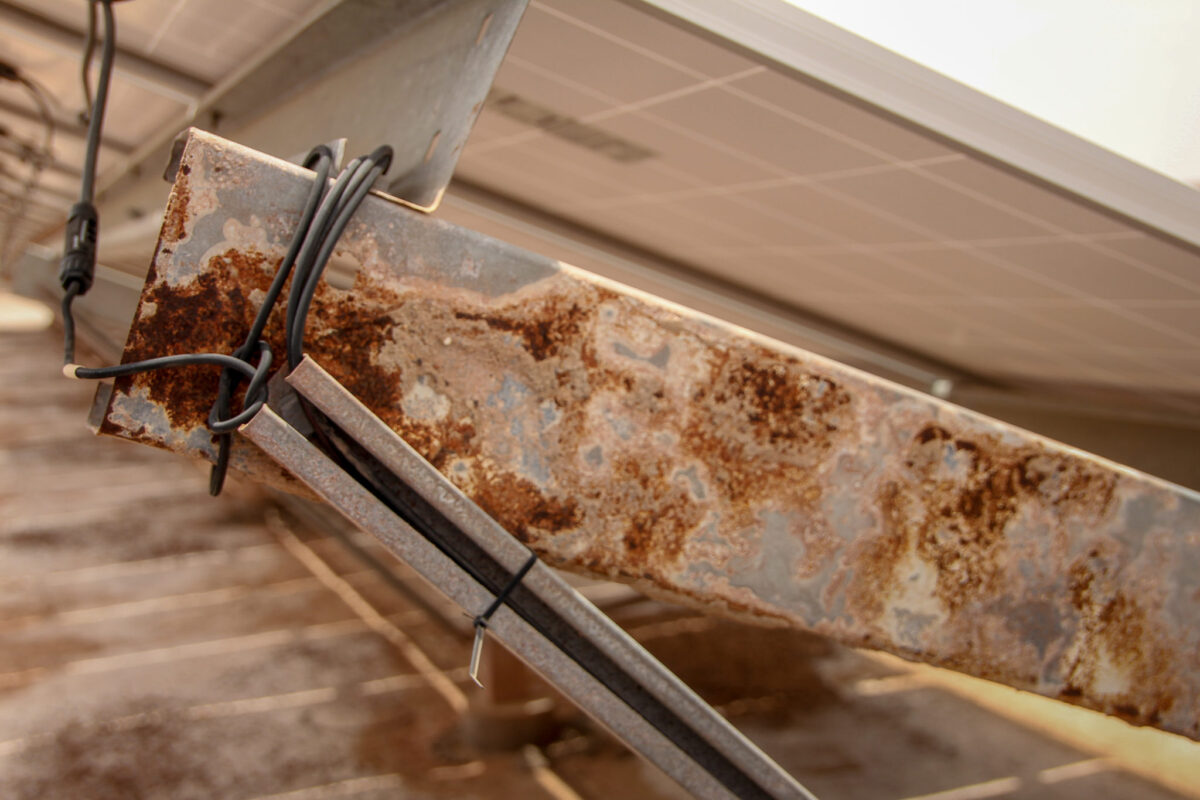Kis claimed that the country's second auction may be more successful than the first pilot auction held in March, in which the government awarded almost all the 131.9 MW capacity assigned in the exercise solar developers. In the next auction, the authorities will also allocate 77% of the available renewable subsidies that were not assigned in March.
“The pilot auction was a good test for both Hungarian authorities and market players and winning projects had reached a good level of quality,” Kis told pv magazine.
If there are no additional METÁR rounds in 2020, the country will fall short of its average annual goal of 500 MW by a significant 369 MW, according to Kis.
The auction will be divided into two categories. The Large PVPP group will include projects ranging in size from 1 MW to 20 MW, while the Small PVPP category will be reserved for installations between 300 kW and 1 MW.
“In the Large PVPP category already we have seen good quality projects, where only the price element needs revision,” Kis added. “For Small PVPP, we've recommended using professional advisors in order to elevate the quality of the project documentation, especially in the case of foreign investors.”
Some of the projects that were excluded from the latest round because of non-compliant documentation may have another chance in the upcoming round, although the government has yet to set a date for the auction. Kis said that the capacity cap for Large PVPP category group might be raised to 50 MW, and that some projects currently under planning may be expanded. “However, there’s no official announcement,” he added.
The final average price of March’s auction was HUF 24.81 ($0.075)/kWh in the first category and HUF 21.69 ($0.068)/kWh in the second. The lowest bid of HUF 20.20/kWh was submitted for a 20 MW solar plant.
“The denominated currency of payment is in HUF and it is worth sharing that METÁR does not index against other currencies such as the EUR,” Kis wrote in a recent report on the METAR auctions. “While it is not customary for regimes in smaller jurisdictions to index (many small countries enjoy the benefits of the eurozone already), the present global environment may act as a deterrent as foreign developers take currency risk.”
He warned that bidders need to consider the proximity-aggregation rule as a geographical constraint in site selection. “This rule regulates that all bidders in the present tender, as well as previous KÁT permit holders' capacities, should be aggregated within a 1 km radius,” Kis stated. The KAT regime includes projects approved under the expired FIT scheme.
The paper also notes that if more than one bidder offers the same price for an installation, brownfield sites will be prioritized.
According to the latest statistics from the International Renewable Energy Agency, Hungary had installed 1.28 GW of solar by the end of 2019. New capacity additions hit 551 MW last year.
This content is protected by copyright and may not be reused. If you want to cooperate with us and would like to reuse some of our content, please contact: editors@pv-magazine.com.




By submitting this form you agree to pv magazine using your data for the purposes of publishing your comment.
Your personal data will only be disclosed or otherwise transmitted to third parties for the purposes of spam filtering or if this is necessary for technical maintenance of the website. Any other transfer to third parties will not take place unless this is justified on the basis of applicable data protection regulations or if pv magazine is legally obliged to do so.
You may revoke this consent at any time with effect for the future, in which case your personal data will be deleted immediately. Otherwise, your data will be deleted if pv magazine has processed your request or the purpose of data storage is fulfilled.
Further information on data privacy can be found in our Data Protection Policy.